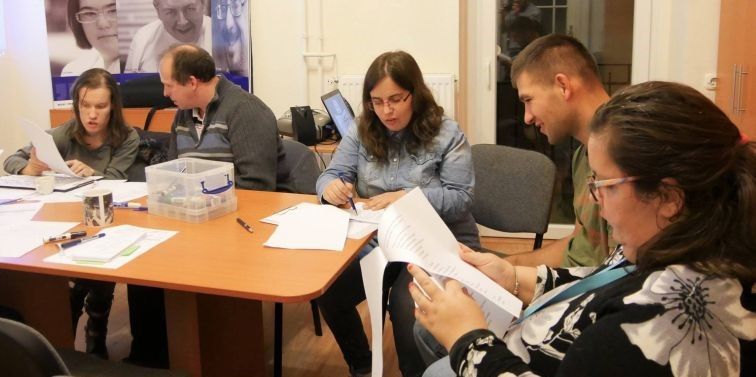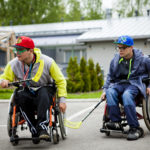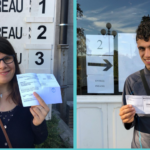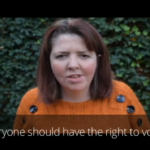Parents demand the unconditional acceptance of all children in regular classes and in the life of the school. However, in many European countries children with intellectual disabilities still attend special schools that allow little interaction with non-disabled children.
Children must receive as much support as necessary to be successfully included in neighborhood schools and regular classes. This requires also a commitment to looking at all children for what they can do rather than what they cannot do. Schools must understand and accept that children do not have to have the same educational goals to be able to learn together in regular classes.
To bring about this necessary change, strong leadership from school principals and other administrators is necessary. Schools must be restructured in ways that focus on individual achievement and student learning. Teachers and educators must look at their roles in different ways.
Led by our Working Group on Inclusive Education, Inclusion Europe promotes inclusive education among its membership and in all European countries. For this purpose we organise regular Study Visits, Round Tables and Conferences which are attended by many of our members. A special event was, for example the Global Conference on Inclusive Education that we organised together with Inclusion International in Salamanca, Spain.
Important reports published by Inclusion Europe in the past years include for example:


![[:en]How to include pupils with complex support needs at school?[:]](https://staging.inclusion-europe.eu/wp-content/uploads/2018/08/Cleves-primary-school.jpg)
![[:en]”Inclusive education paves the way to understand human rights”[:]](https://staging.inclusion-europe.eu/wp-content/uploads/2018/08/sue-swenson-1-e1534156906144.jpg)





